Remember doing, remember to do... (B2)
Verbs with ING or TO (416)
Slovesa s ING nebo TO (3. část)
Na Landigo se dnes zaměříme na slovesa, která používáme s ING i TO infinitivem (remember doing/remember to do, try doing/try to do...), v každém případě ale s odlišným významem.
Slovesa s ING nebo TO – procvičování:
Další související lekce:
- Slovesa s ING nebo TO (A2)
- Slovesa s ING nebo TO (B1) – 1. část, 2. část
- Slovesa s ING nebo TO (B2) – 4. část, 5. část
Have you ever tried skydiving? – I tried to book a lesson last year, but they were full.
| Vyzkoušet: |
Have you tried skydiving?
|
| Pokusit se: |
I tried to book a lesson.
|

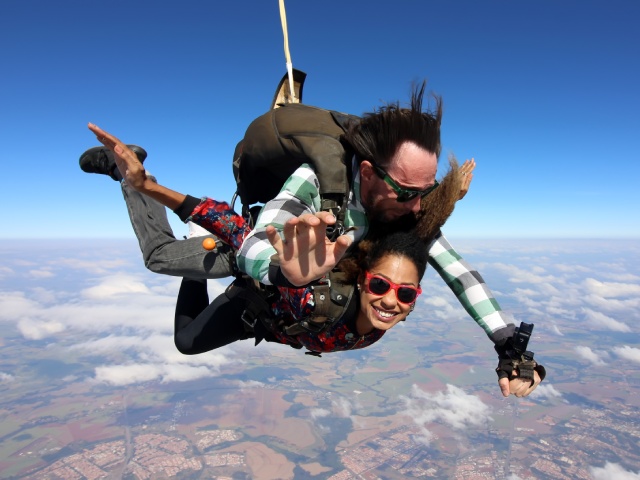
U některých sloves – REMEMBER, FORGET, STOP... si použití ING odůvodníme předčasností:
|
Do you remember closing the windows? (first close, remember afterwards)
|
You never remember to close the windows! (first remember, close afterwards)
|
U jiných sloves – TRY, MEAN, NEED... si musíme jednotlivé významy zapamatovat:
|
I tried lifting the weight to see how many reps I could do. (try = test something that is possible)
|
I tried to lift the weight, but it was too heavy for me. (try = attempt to see if it's possible)
|
Remember doing (first doing)
Remember to do (first remembering)
REMEMBER, FORGET, REGRET, STOP – u druhého slovesa používáme ING, pokud se tento děj stal před dějem prvního slovesa. V opačném případě použijeme TO infinitiv:
|
I remember buying the eggs last week. (1. buy; 2. remember)
|
Please remember to buy the eggs! (1. remember; 2. buy)
|
|
I'll never forget meeting Linda for the first time. (1. meet; 2. not forget)
|
Don't forget to bring Linda a present. (1. not forget; 2. bring)
|
|
I regret not applying for that job. (1. not apply; 2. regret)
|
We regret to inform you that your application has not been accepted. (1. regret; 2. inform)
|
|
I stopped eating sweets to lose weight. (1. eat; 2. stop)
|
I stopped at the petrol station to get some sweets. (1. stop; 2. get)
|







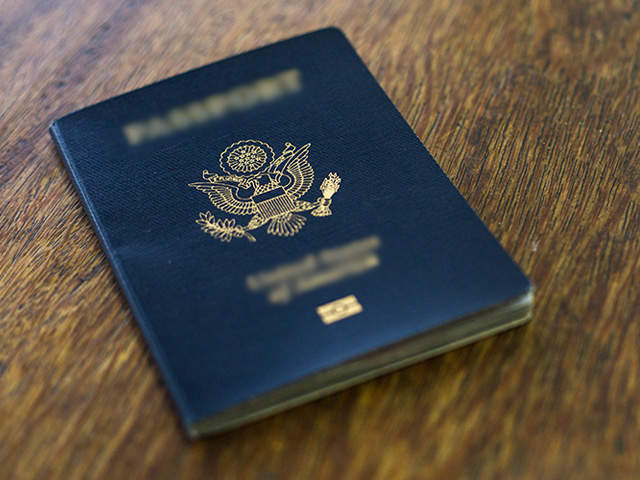








Please remember to feed the dog before you leave tomorrow.
|
Remember to feed him tomorrow.
|
|
I don't remember feeding him yesterday. I must have forgotten!
|

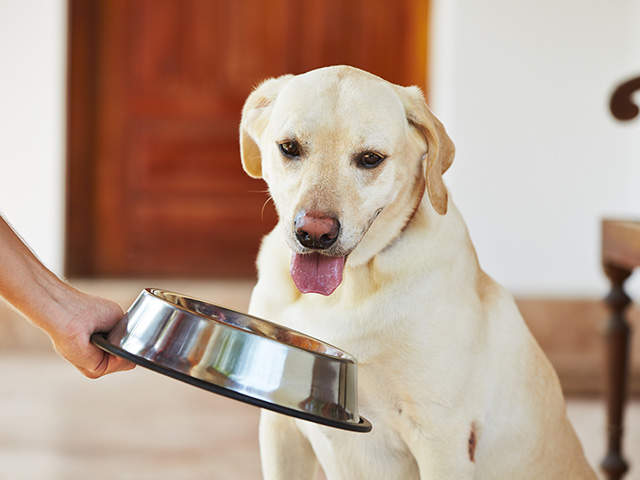
I'll never forget flying for the first time. I was so terrified.
| 1. fly; 2. not forget: |
|
I'll never forget to fly flying.
|


Do you want me to stop to get something to eat and drink?
| 1. stop; 2. get: |
|
Do you want to stop to get something?
|


Can't you stop fighting already? You'll break it!
| 1. fight; 2. stop: |
|
Can't you stop fighting?
|


Continue doing (the same thing)
Continue to do (a new thing)
CONTINUE a GO ON – u druhého slovesa používáme ING, pokud se pokračuje ve stejné činnosti. TO infinitiv použijeme, pokud se začíná nová/další činnost:
|
I asked him to stop, but he continued complaining. (= the same thing)
|
After I explained the check-in process, I went on to talk about the facilities. (= move on to the next topic)
|
|
Travelling was so much fun, so I went on travelling until June. (= the same thing)
|
When I finished university, I went on to travel. (= move on to the next thing)
|

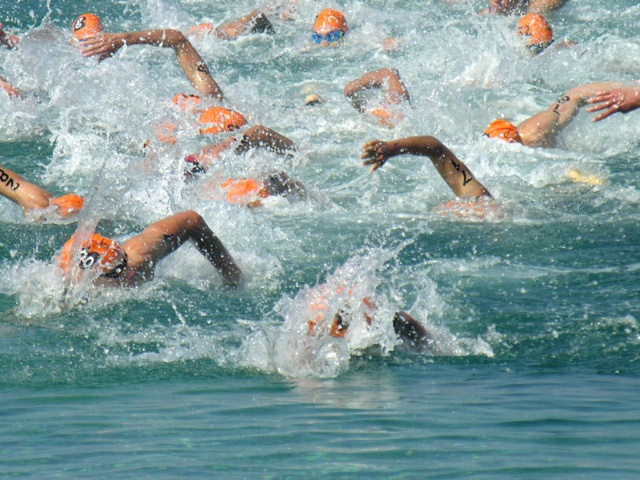

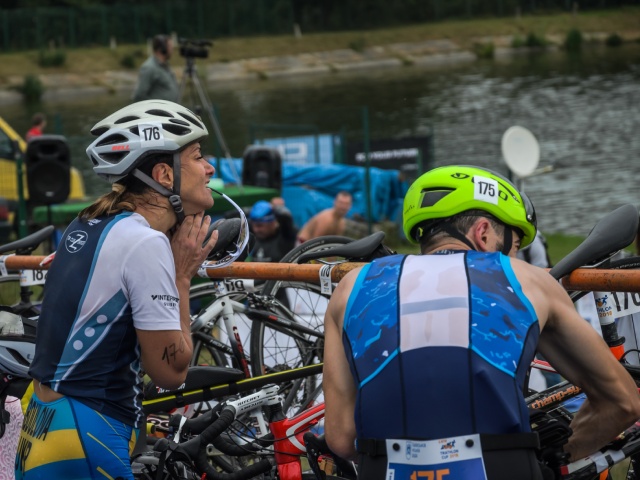




I don't want to go on lying on the beach the whole day. We should go on to do something more active.
| Stejná činnost: |
go on lying on the beach
|
| Něco dalšího: |
go on to do something else
|


What did you do after the picnic? Did you continue to watch the sunset?
| Začít něco dalšího: |
|
continue watching to watch the sunset
|


Try doing, try to do...
Porovnejte odlišné významy u TRY, MEAN, CONSIDER a IMAGINE:
|
Have you tried playing with the ball to see if it needs to be inflated more? (try = test; experiment)
|
He tried to reach for the ball, but it was too high for him. (try = attempt)
|
|
Jake wants to become a doctor, that means studying a lot. (mean = something has something else as a result)
|
Jake meant to become a doctor, but he didn't get to the medical school. (mean = intend; want)
|
|
Petra is considering moving to Texas. (consider doing something = think about doing something)
|
Everybody considers Petra to be very attractive. (consider somebody to be... = think that somebody is...)
|
|
Imagine dating such a pretty girl! (imagine doing something = imagine what it would be like to do something)
|
I imagined her to be prettier in person. (imagine somebody to be... = expect that somebody is...)
|
Více o TRY v lekci: Try to do, try doing











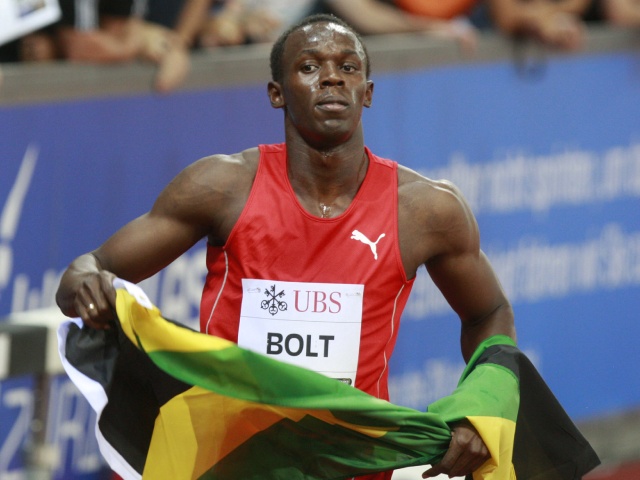




Would you consider travelling around New Zealand during the summer?
| Uvažovat o něčem: |
|
Would you consider travelling there?
|
|
Would you think about travelling there?
|


The trainer considers Luke to be the most valuable player on the team.
| Považovat: |
|
He considers him to be the best.
|
|
He thinks he's the best.
|


It needs doing = it should be done
Se slovesy NEED, REQUIRE, WANT používáme běžně TO infinitiv. Pokud použijeme ING, vyjadřujeme trpný význam. Porovnejte:
| Činný význam |
|---|
|
I need to cut my hair.
|
|
We require students to wear a uniform.
|
|
I want to mop the floor today.
|
| Trpný význam |
|---|
|
My hair needs cutting. (= It should be cut.)
|
|
The uniform requires gentle washing. (= It should be washed gently.)
|
|
The floor wants mopping. (= It should be mopped.)
|







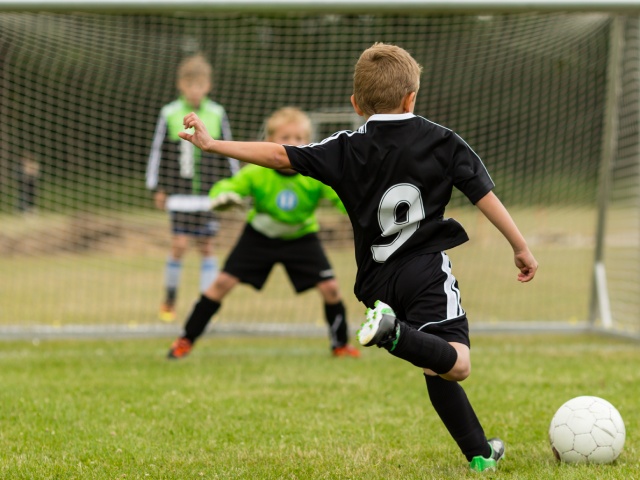




The car needs repairing. I'll need to take it to a mechanic.
|
The car needs to repair repairing.
|
|
The car should be repaired.
|


Help somebody do, can't help doing...
HELP používáme běžně s infinitivem (do/to do). Výjimkou je CAN'T/COULDN'T HELP DOING SOMETHING:
|
Can you help me to move it?
|
Mohla bys mi to pomoct přesunout? |
|
I'm sorry, but I just couldn't help crying.
|
Omlouvám se, ale prostě jsem se nemohl ubránit pláči. |
O HELP více v lekci: Help to do, can't help doing...

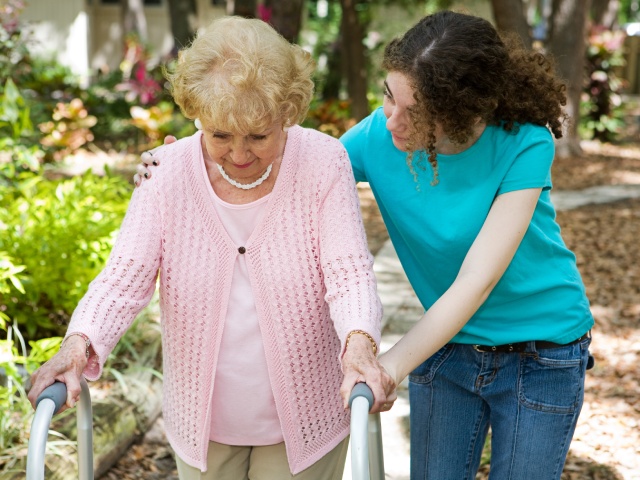






Will you help me pitch the tent? I can't do it by myself.
| Pomoci někomu: |
|
Will you help me pitch it?
|
|
Will you help me to pitch it?
|


Robert can't help feeling that she doesn't love him anymore.
| Nemoci si pomoct: |
|
He can't help feeling that way.
|
|
He can't help thinking that.
|
|
He can't help not trusting her.
|


Doporučujeme si procvičit slovesa s ING nebo TO (verbs with ING or TO) v našich cvičeních.
